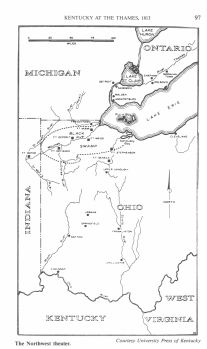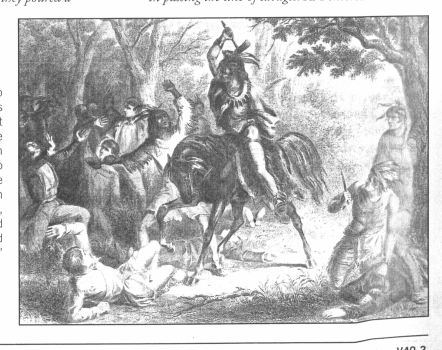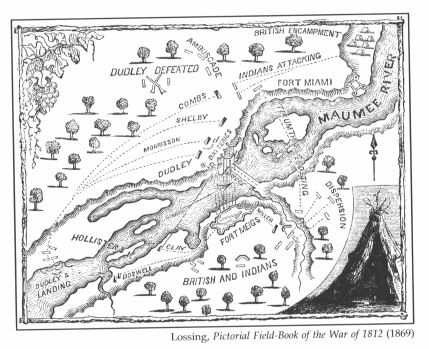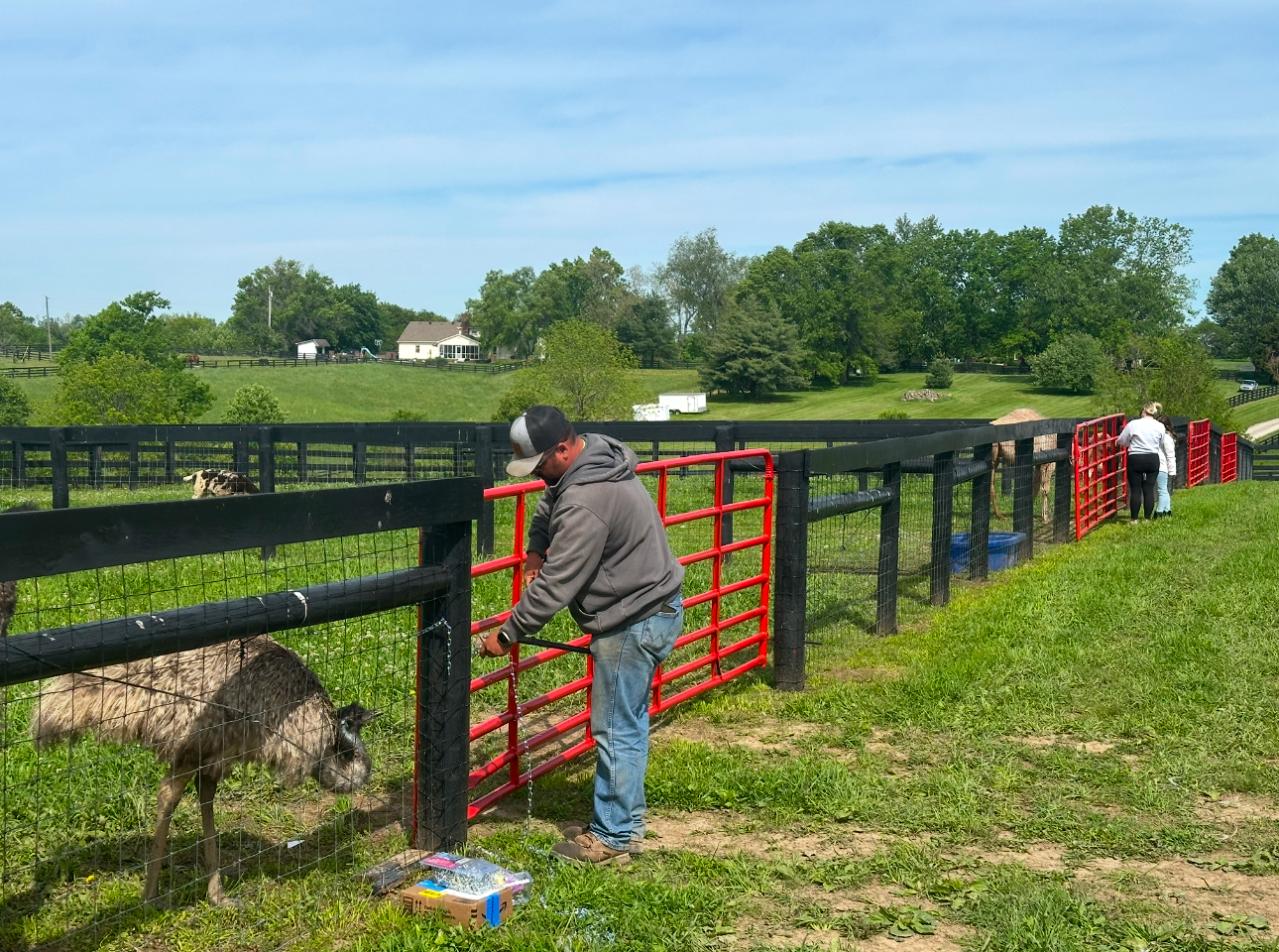Enoch: Misfortunes of Nelson Bush
Published 10:00 am Saturday, August 19, 2023
|
Getting your Trinity Audio player ready...
|
By Harry Enoch
Contributing Writer
Nelson Bush (c1790-1875) was the son of Clark County pioneer John Bush, a brother of Capt. Billy Bush. John died when Nelson was a small boy; many of John’s children were raised by Bush aunts and uncles. At age 25, Nelson married Nancy Neil, a daughter of Allen and Mary Neil.
Nelson’s peaceful life was interrupted by the War of 1812.
The American army suffered a major defeat at the Battle of Raisin River in January 1813. As the cry “Remember the Raisin” rang through the state, Clark County raised several new companies. On March 4, Nelson mustered into the company of Capt. Joseph Clark, a rising local attorney. His company was assigned to the 13th Kentucky Regiment under the command of Col. William Dudley. Nelson’s ordeal began during the regiment’s march north. According to his testimony, Nelson contracted a virulent case of the measles.
“He was sound in health when he enlisted in the U.S. Service [and] whilst in the Service and in the line of his duty, he became disabled in the manner and at the time and place as follows, ‘After reaching Fort Wayne, Ohio [now Indiana] on about 25 April 1813, he was attacked with the disease of Measles, in a violent form, which caused him violent illness & suffering,’ and the effects of which disease he was laboring under when he marched with the rest of his Company to the Sanguinary Conflict of Dudley’s Defeat in which he participated.”
Colonel Dudley led a surprise attack on an artillery battery near Fort Meigs, resulting in complete success. They routed the British and disabled all the cannon without losing a single man. Unaware of plans to retreat after spiking the guns, however, the men pursued the fleeing enemy into the woods only to meet a cleverly conceived ambush. Many men were killed in what came to be known as Dudley’s Defeat, and a host of the survivors, including Nelson Bush, were taken prisoner.
The captives were herded into an abandoned earthworks, where they were forced to sit on the ground in a large open area. A band of Ojibwas burst into the compound, shooting and tomahawking unarmed Americans. The killing continued until interrupted by Tecumseh and a British officer. Reports later indicated that of the 800 soldiers involved in the attack, only 100 escaped.
Nelson described his own ordeal in his pension application.
“He was taken prisoner by the British, and whilst in the Bull Pen, he was stripped by the Indian allies of the British of all his clothing save his shirt which left him more than ever exposed to the cold, chilly rain intermingled with occasional snow which occurred every day from the last of April to the 10th day of May. He remained for several days naked all but his shirt. And from the exposure he underwent, whilst afflicted with the Measles, and whilst he was in the service of the U.S. and in the line of his duty, he was permanently and seriously afflicted and impaired both in his sense of hearing and vision.”
Nelson was marched to Detroit and paroled there on May 10. The army discharged him on September 29. Over the years, his disability grew worse.
“As he got older the affliction increased until now it is difficult to See his Way at all in the clearest weather and So affected in his hearing that it is unpleasant to him to be where any one is conversing, as it is only by the loudest articulation of sound that he Comprehends any one speaking to him.”
After the war, Nelson lived on Upper Howard’s Creek in southeastern Clark County. He and Nancy raised at least seven children to adulthood. He followed the occupation of farmer “in a small way.” In his 1857 application for an invalid petition, Nelson declared that “he is no longer able to make his living by manual labor.”
Winchester physician Dr. Andrew Hood submitted evidence of Nelson’s severe impairment. He stated that at the time of his enlistment Nelson
“bore the appearance of a stout and healthy man. But ever since his return from the army in 1813 he has been in bad health which he ascribes to having the Measles in the U.S. Army and being exposed during that time, which left a sequel in his System injurious to his general health, which is not uncommon in the Measles, especially when the subject of the Measles in not well taken care of during his affliction.”
He further added that “from personal examination I am of opinion that Nelson Bush is wholly incapacitated from making a living.”
On Sept. 4, 1873, Nelson was a pension of $8 a month. After Nelson’s death on September 25, 1775, his widow Nancy was awarded his pension. Nancy passed away four years later.








